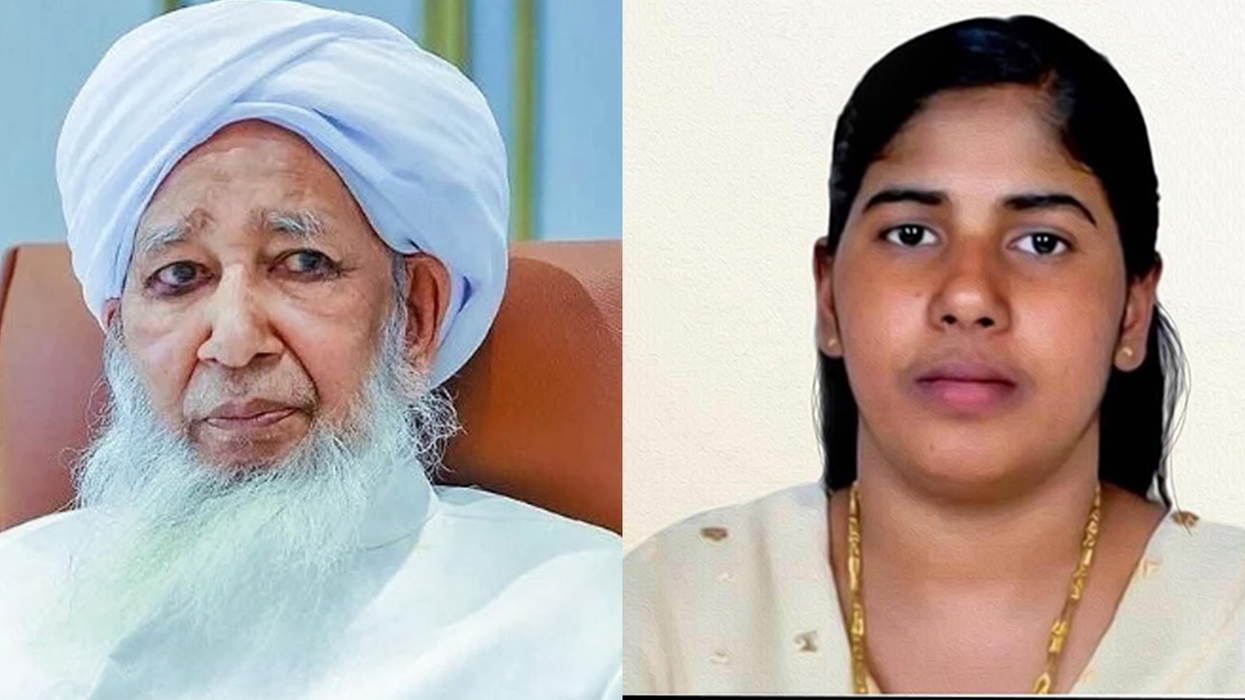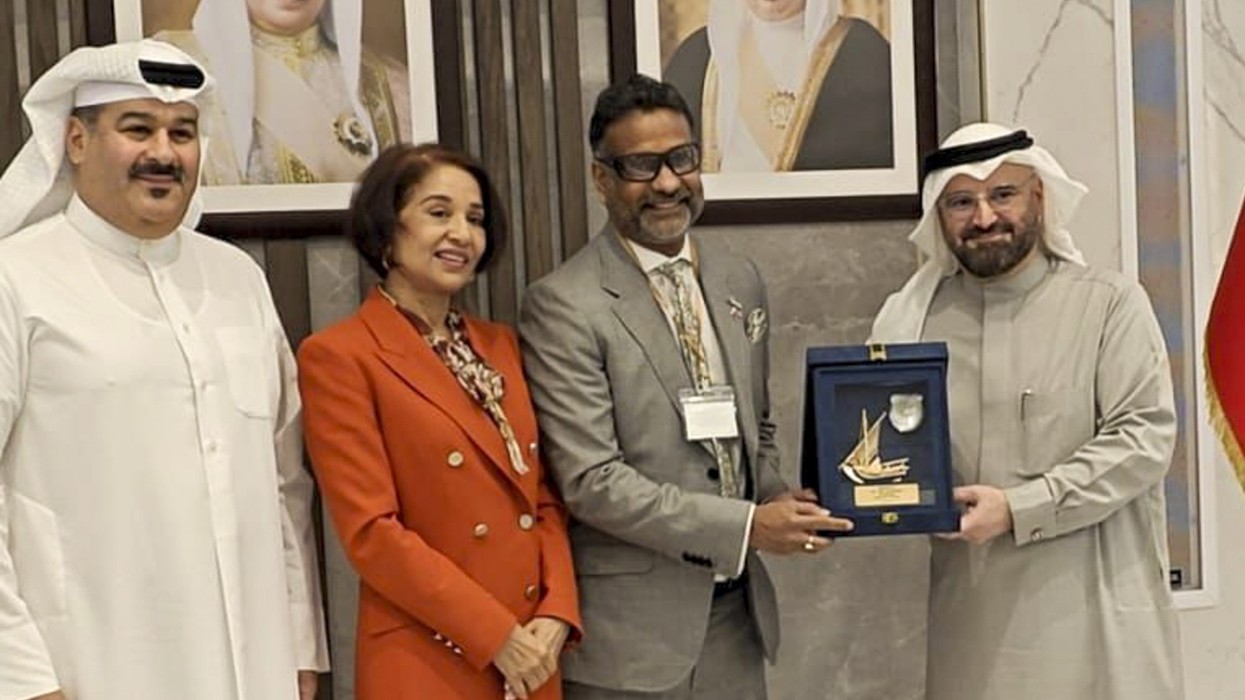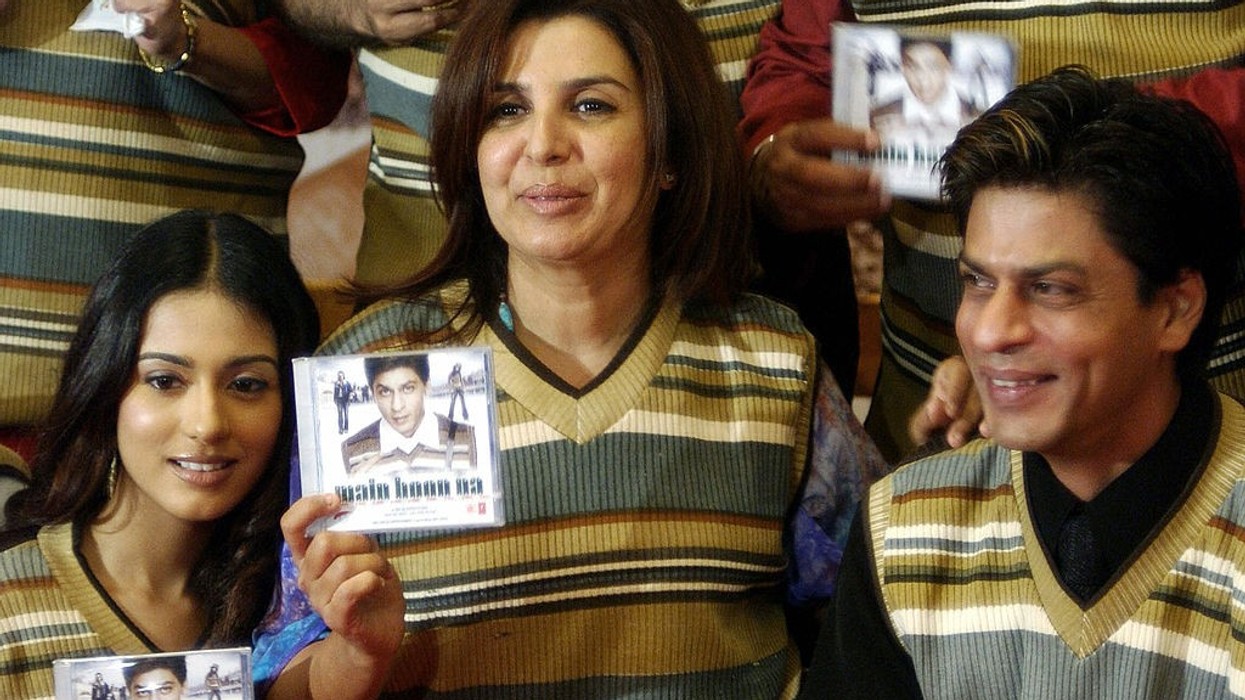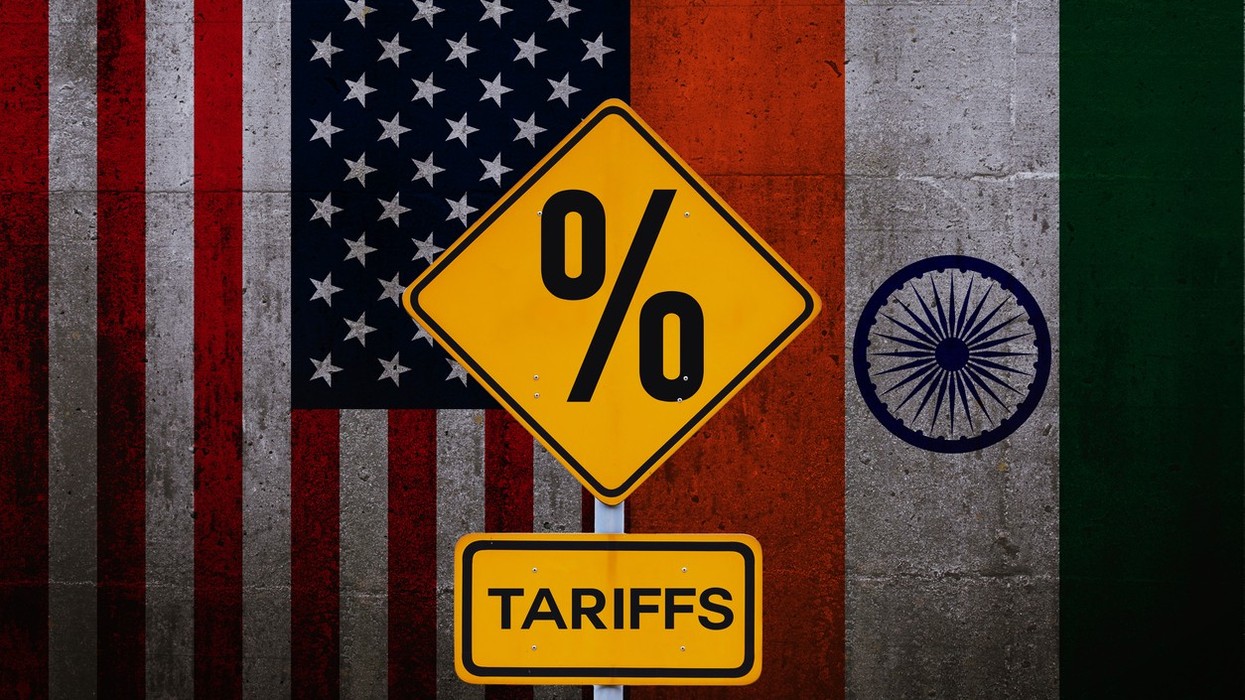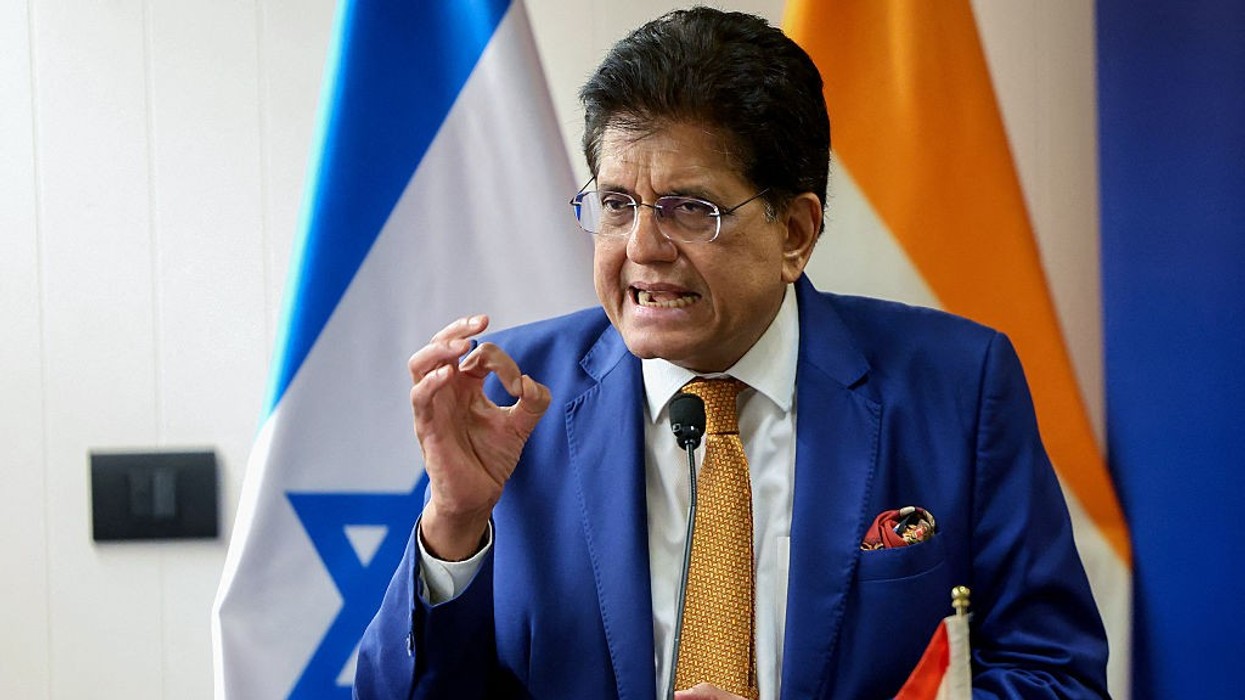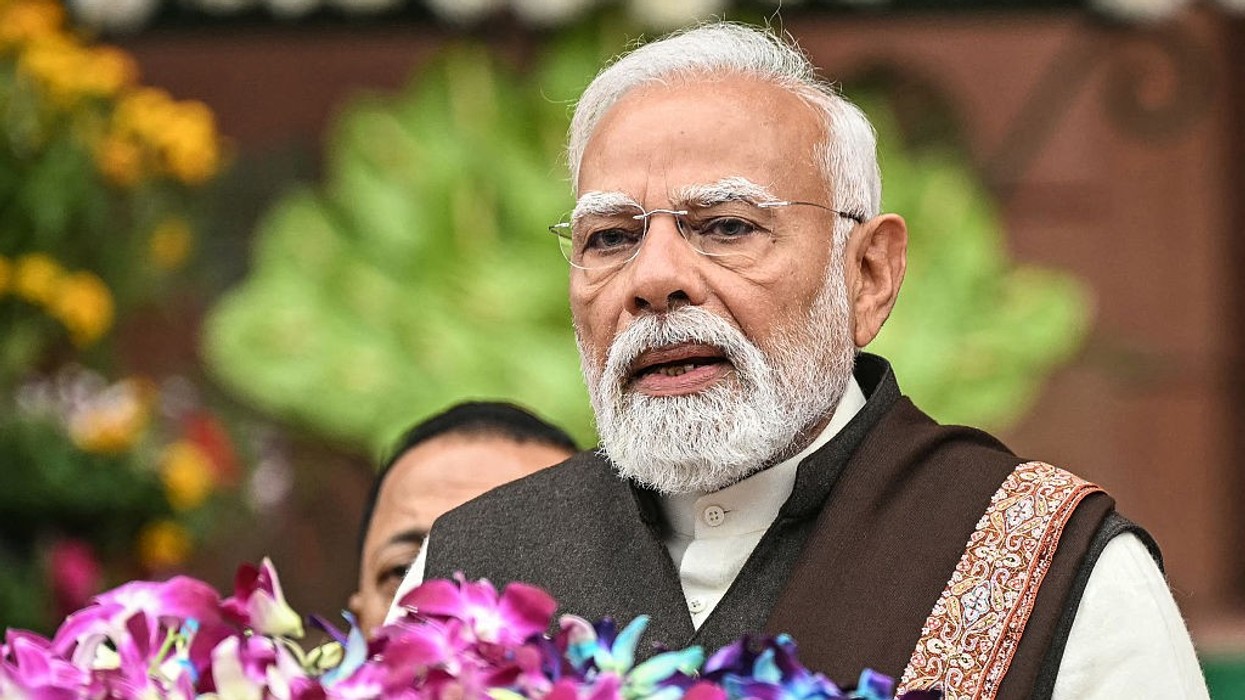The execution of Nimisha Priya, a nurse from Kerala sentenced to death in Yemen, has been officially postponed just one day before it was scheduled to take place on Wednesday (16).
The decision comes as a significant relief to her family and supporters, following weeks of intense negotiations, diplomatic appeals, and a high-profile intervention by India’s prominent Sunni cleric Kanthapuram AP Aboobacker Musliyar, known as the ‘Grand Mufti of India’.
The Case and Legal Complexities
Nimisha Priya, originally from Palakkad, Kerala, was convicted in 2020 for the murder of her business partner Talal Abdo Mahdi—a Yemeni national—whose dismembered body was discovered in a water tank in 2017. Nimisha, who managed a clinic in Yemen with Mahdi, reportedly tried to sedate him in a bid to recover her passport, but the act led to his death.
She has consistently maintained her innocence, claiming abuse and attempting only to reclaim her freedom. With diplomatic relations between India and the Houthi-led Yemeni administration virtually non-existent, direct intervention proved especially complex for Indian authorities.
Last-Hour Negotiations and Role of Blood Money
Yemeni law under Sharia provides a possible path to clemency: a pardon by the victim’s family in return for “diyah” or blood money. Nimisha’s family and support networks had reportedly raised close to one million US dollars (₹8.6 crore) to offer Mahdi’s family as compensation. Despite these overtures, the victim’s relatives have so far rejected any offer, with Mahdi’s brother stating, “Our position on reconciliation attempts is unequivocal; we demand the enforcement of [the law], nothing else”.
However, after the intervention of Kanthapuram AP Aboobacker Musliyar, negotiations for a blood money settlement gained new momentum. The discussions, supported by Sufi scholar Sheikh Habib Umar bin Hafiz, opened direct talks with Mahdi’s family, giving new hope for a last-minute reprieve.
India’s Diplomatic and Legal Efforts
Indian authorities, despite limited influence, continued diplomatic outreach and engagement with Yemeni officials, seeking more time for Nimisha’s family and legal team to negotiate a resolution. The Supreme Court of India was told that there was “nothing much” more the government could do, given the circumstances in Yemen.
While the postponement has given Nimisha Priya’s supporters a brief respite, her fate remains uncertain. Amnesty International and other rights groups continue to call for a broader moratorium on executions in Yemen, describing the death penalty as the “ultimate, inhuman, and degrading punishment”.
Nimisha Priya remains in a Sana’a prison, her future now hinging on the outcome of negotiations with the victim’s family and the delicate interplay of religious, legal, and diplomatic efforts under Yemen’s Sharia law
